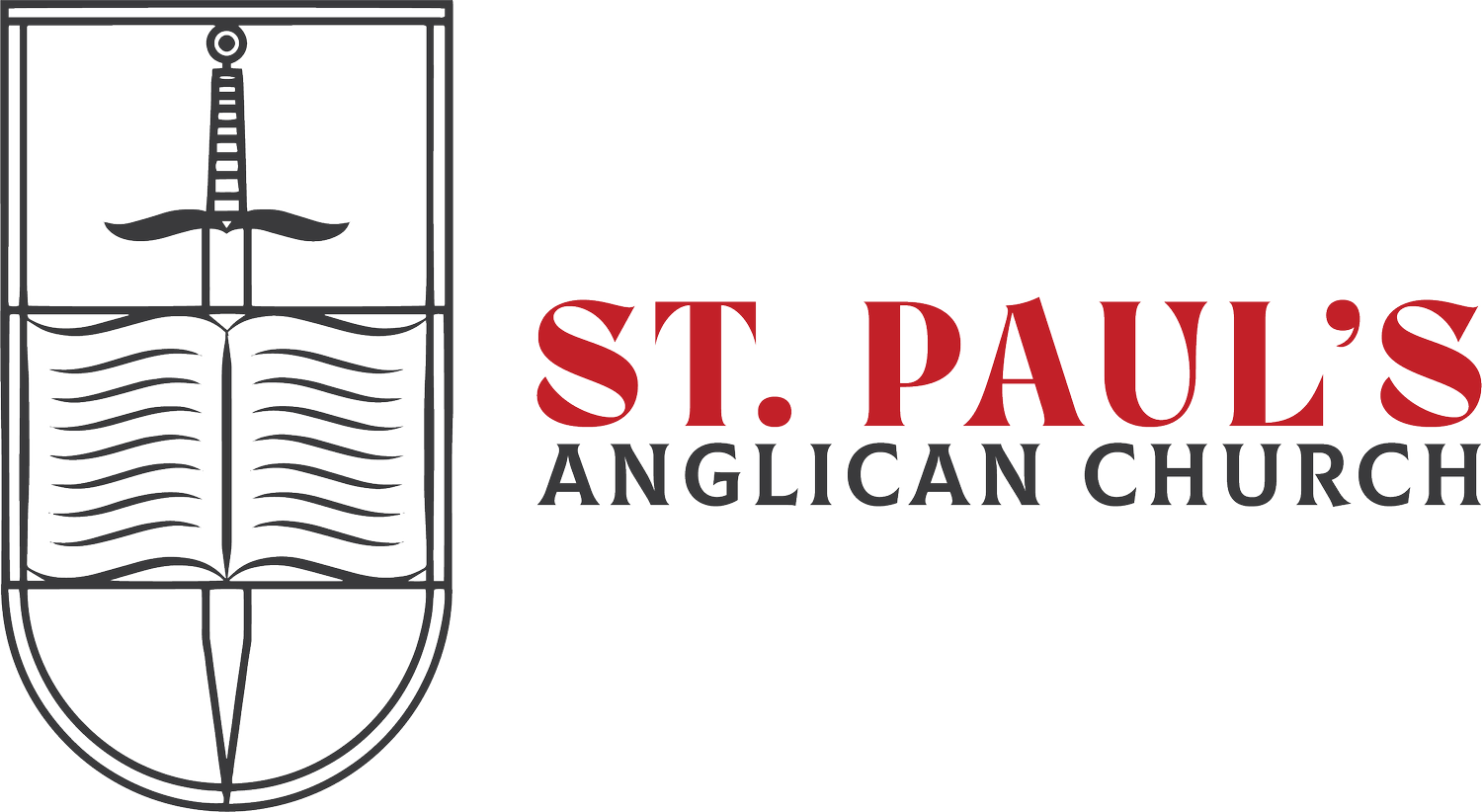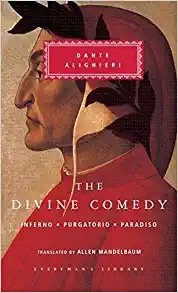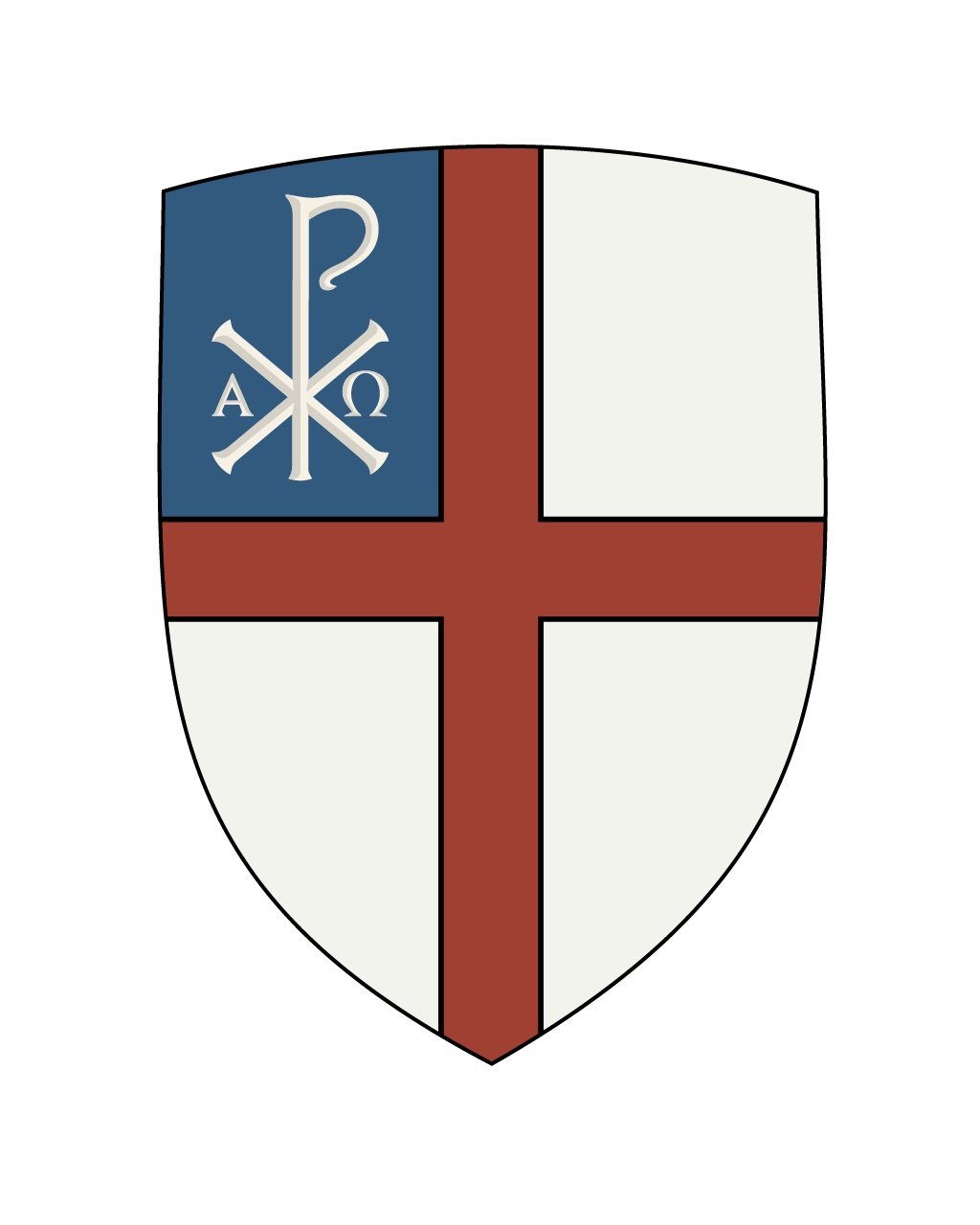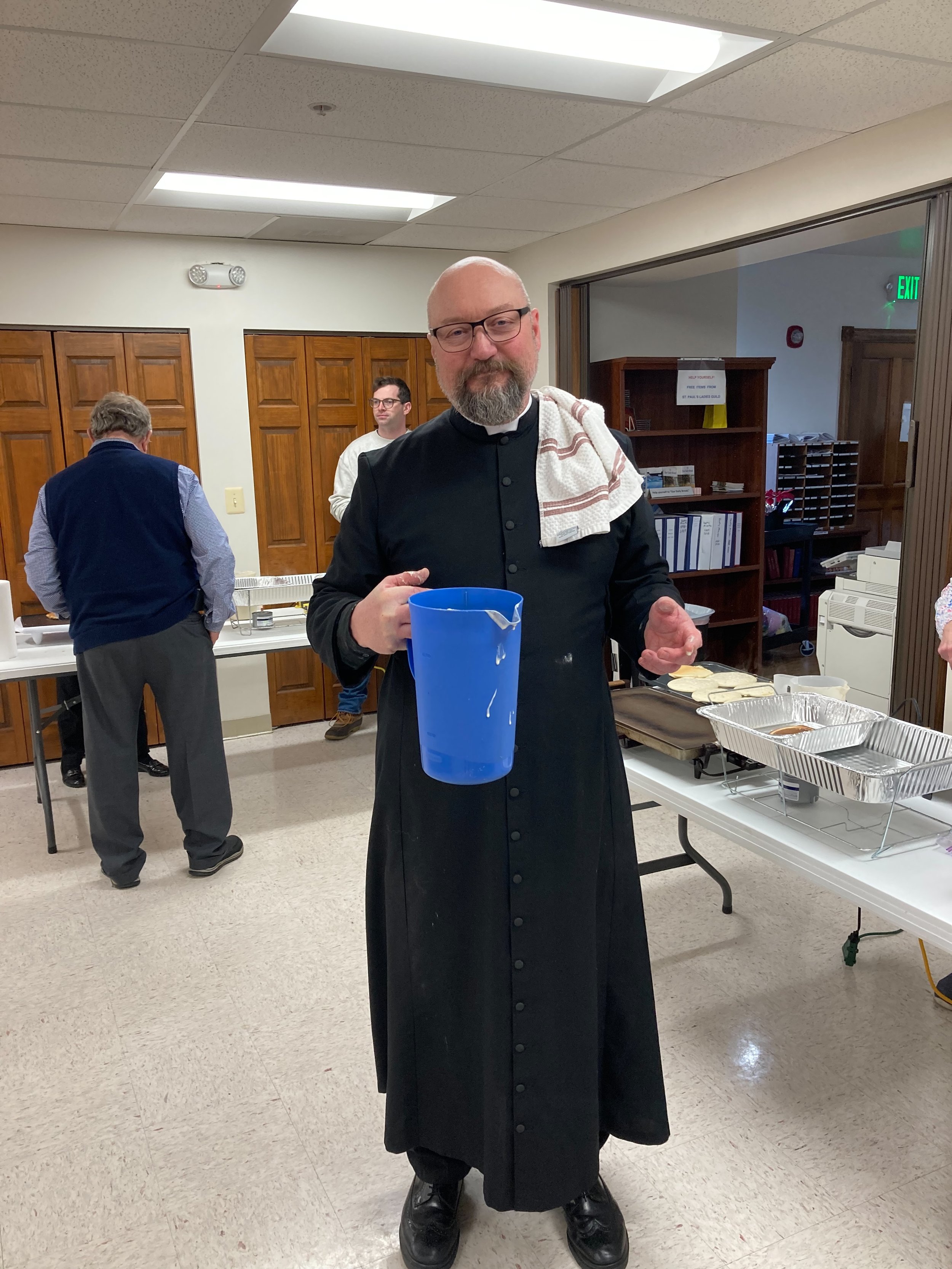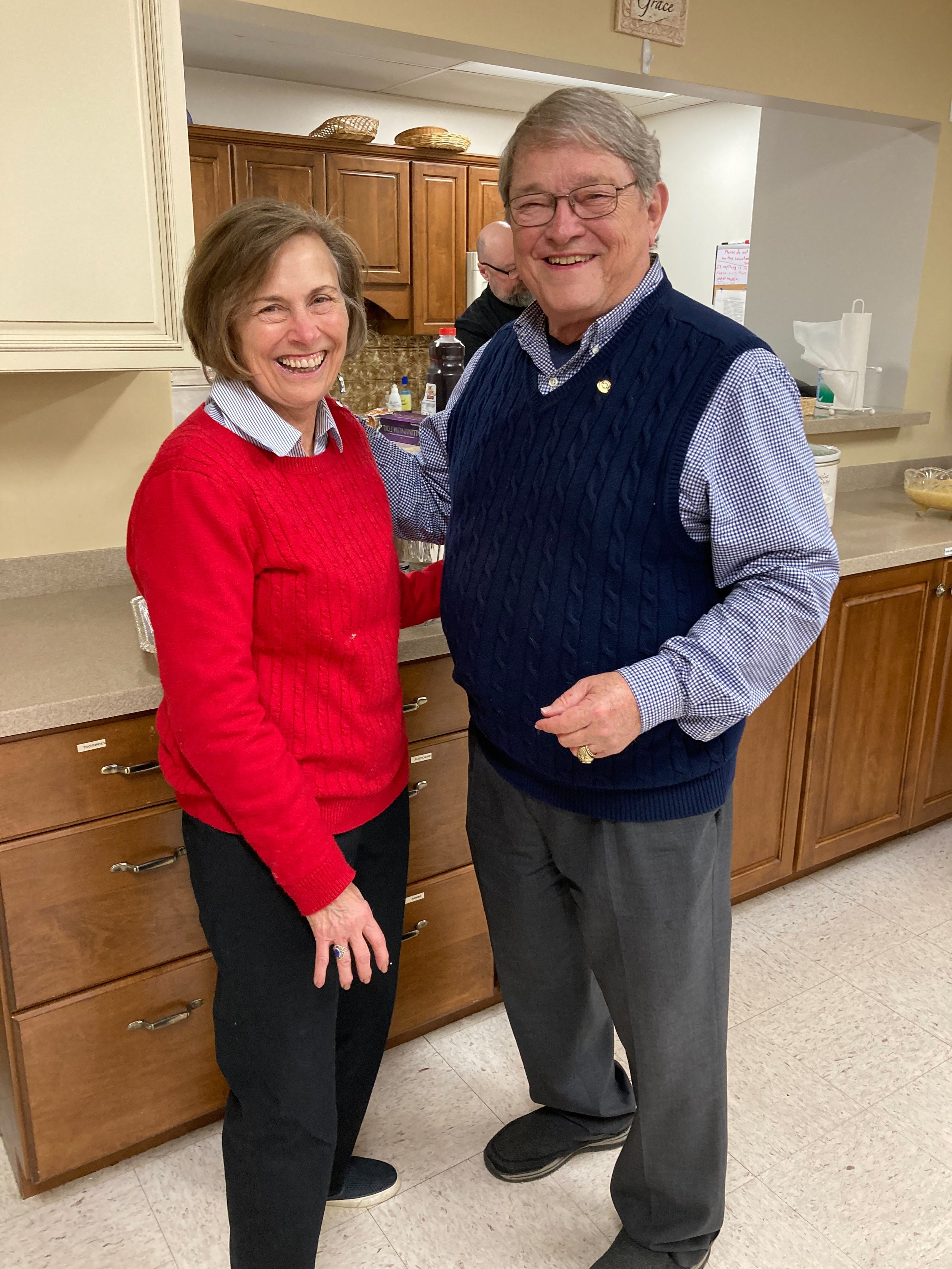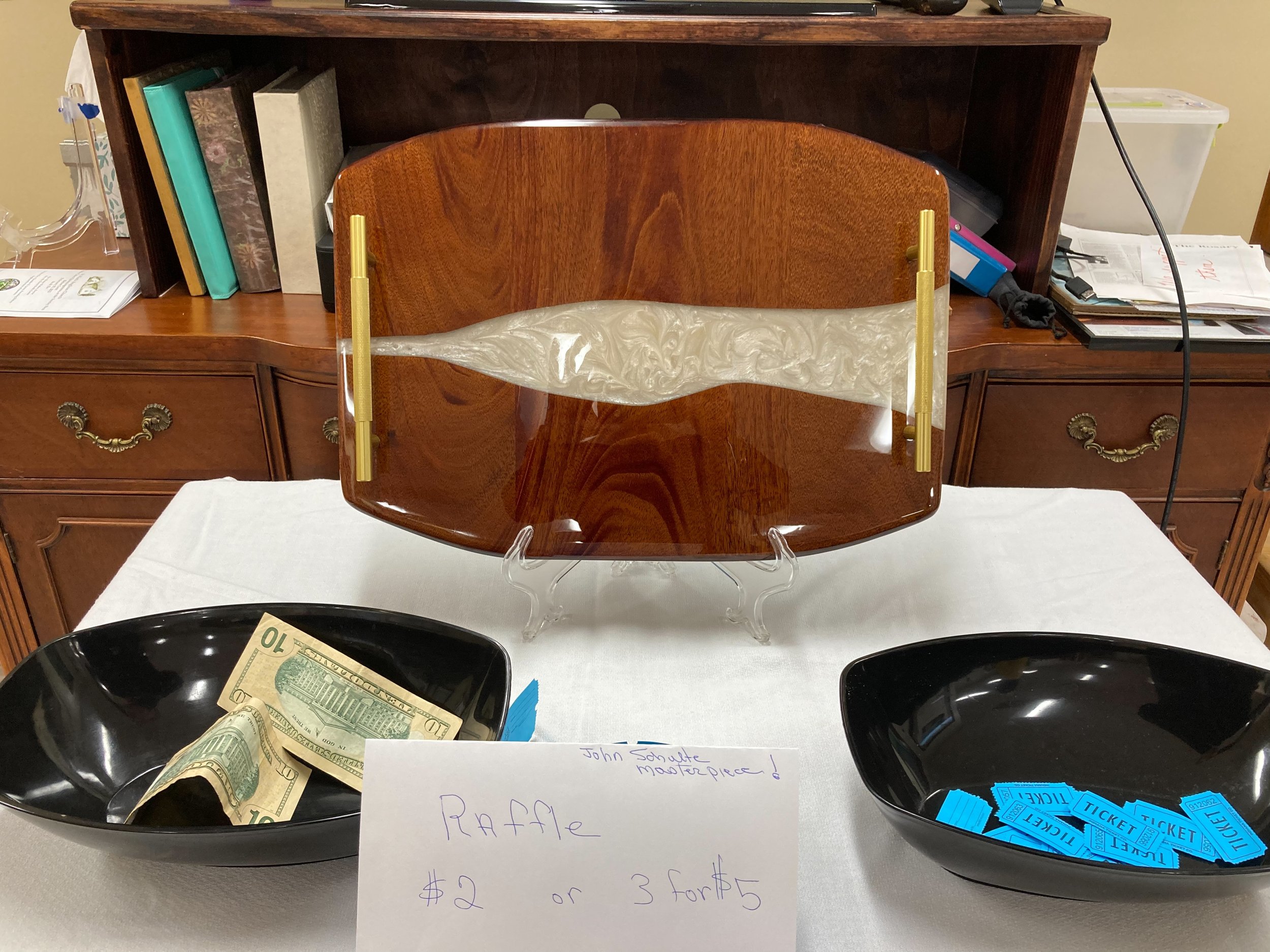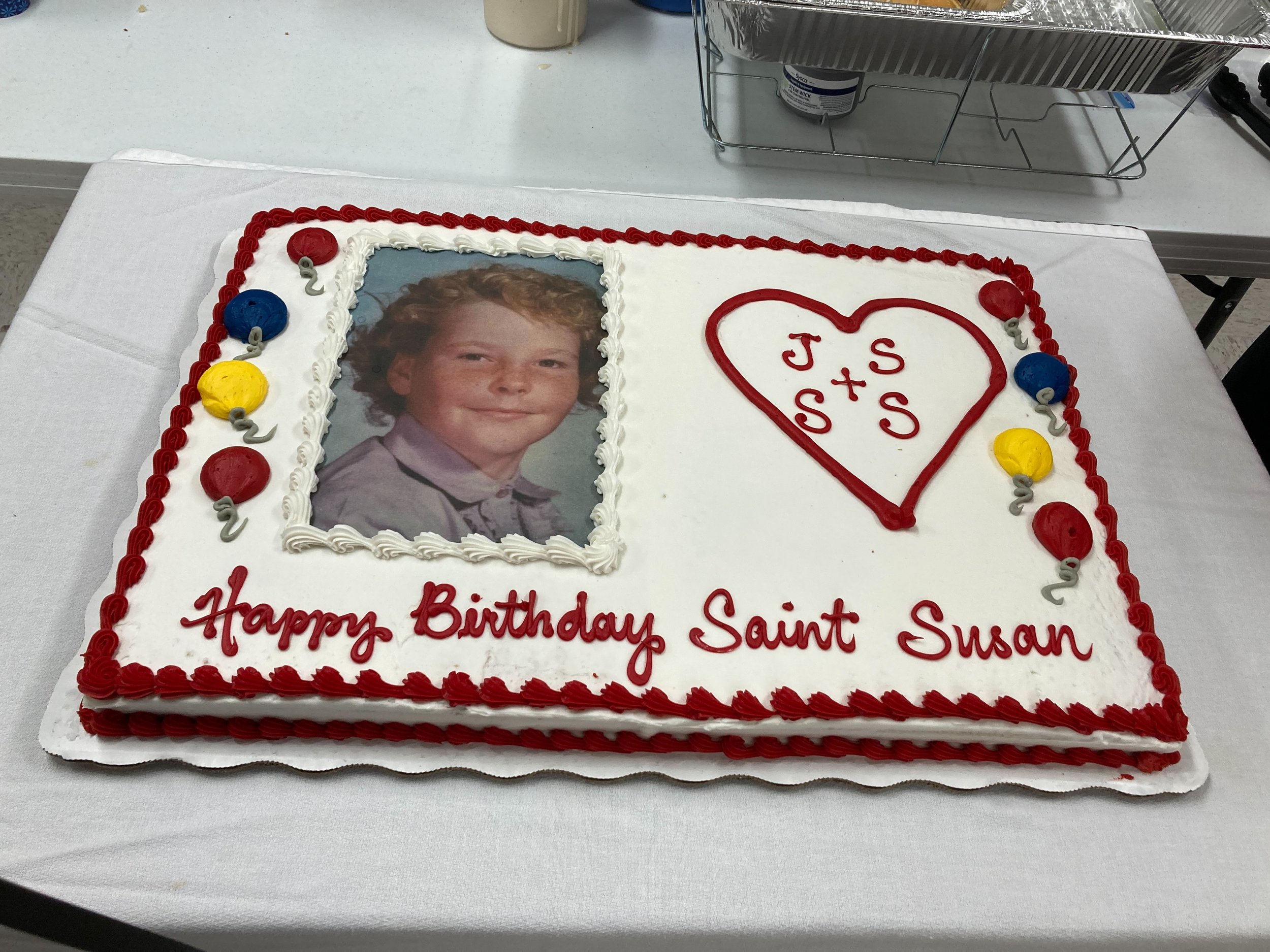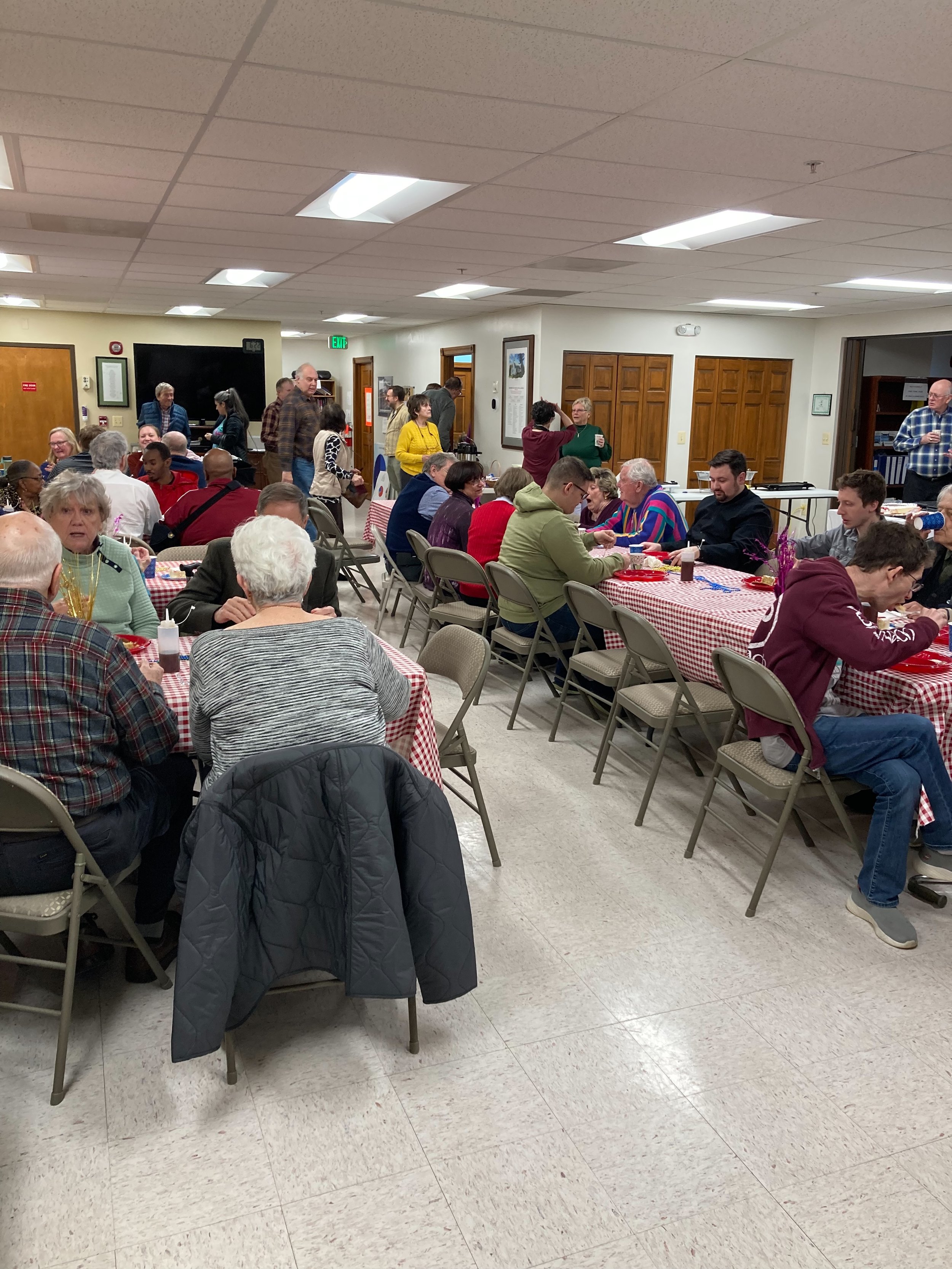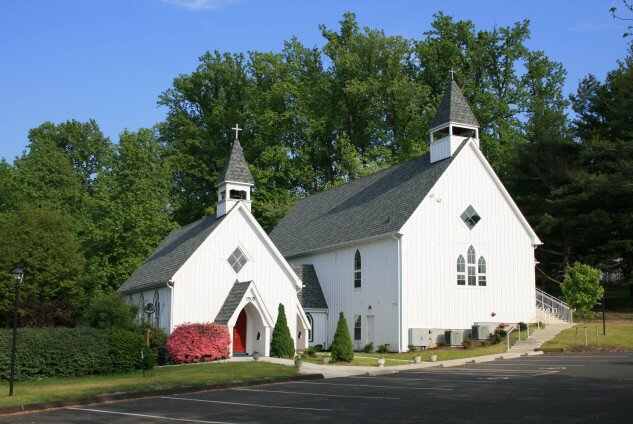
NEWS
Fall 23-Spring 24 Friday Study: The Divine Comedy
The Divine Comedy is one of the most magnificent epic poems in the canon of Western Literature. In it, Dante Alighieri will take us on a journey set in the realms of the afterlife that serve as a backdrop to explore the human condition, theology, and beatitude. The Divine Comedy is divided into three parts, Inferno, Purgatorio, and Paradiso. We will delve into the depths of Hell with Dante and his guide, Virgil; we will climb Mount Purgatory with them; and we will explore the glorious realms of heaven. Dante’s writing, which makes heavy use of symbolism, allegory, and moral teaching, will make us confront important realities like sin, justice, and divine mercy. This is a truly timeless work that still captivates and inspires many with its profound insights into the human soul and the eternal pursuit of truth and salvation. The study will range from August 25-May 3.
Bibliography of Recommended Resources
Recommended Translation: Dante. The Divine Comedy: Inferno, Purgatorio, Paradiso. Everyman’s Library 183. Translated by Allen Mandelbaum. New York: Alfred A. Knopf, 1995. ISBN: 978-09-679-43313-2.
100 Days of Dante by Baylor University. https://100daysofdante.com/
Baxter, Jason M. A Beginner’s Guide to Dante’s Divine Comedy. Grand Rapids, MI: Baker Academic, 2018. ISBN: 978-0801098734.
Leithart, Peter J. Ascent to Love: A Guide to Dante’s Divine Comedy. Moscow, ID: Canon Press, 2001. ISBN: 978-1885767165.
Summer Study: The Genesis of Gender by Abigail Favale
Join us this summer for an engaging and thought-provoking study! We will be diving into Abigail Favale's insightful book, The Genesis of Gender: A Christian Theory, exploring the theological understanding of gender through a Christian lens. This study will provide a platform for meaningful discussions and reflections on this important topic.
We invite you to join us every Thursday for an enriching evening. We will begin with Evening Prayer at 5:00 PM, followed by a delightful dinner together at 5:30 PM. Afterward, from 6:15p to 7:15p, we will gather for our book discussion, delving into the profound themes presented in The Genesis of Gender.
Additionally, we are excited to offer educational activities for children during the study, providing an opportunity for them to grow in faith alongside us. It's a wonderful chance for families to come together and learn in a supportive community environment.
Mark your calendars for the first session on June 1 and subsequent sessions every Thursday until August 10. We encourage you to acquire a copy of the book in advance and read along to fully engage in the discussions. However, participation is not limited to those who have read the book—everyone is welcome! See you there!
For more information, please contact Fr. Wesley.
Reflection: Doubt Your Doubt
In his most recent sermon, Dcn. David reminded us that the First Sunday after Easter has often been called the Sunday of Thomas or Doubting Thomas Sunday. Historically, the Gospel lesson included the story of his doubting the resurrection and Jesus restoring his faith by showing him his wounds. This has got me thinking about the topic of doubt and how it’s important for all of us to doubt our doubt.
Doubt is, to some extent, built into our nature. Many people find themselves going through crises of faith at different points in their lives. Some doubts are more intellectual in nature, a failure to connect faith and reason well. Still, others doubt in a raw and emotional way.
In my own experience, nothing makes me doubt my faith more than the suffering of children. It’s so visceral for me that I can’t even formulate it in a rational way, other than to look at the situation and then look up and ask God, “How is this happening?” On an intellectual level, I can express an argument for why suffering exists, why Christianity best explains it, and why we look to the future when God will right these wrongs. Even then, my heart tends to be slow in coming around.
All this is to say: doubting is inevitable and the Church should never “doubt shame” someone into belief. Instead, the Church should be a place where one can ask authentic questions within a community that walks beside them through whatever issue they’re wrestling with.
At the same time, doubt should be done responsibly with a proper posture. That posture looks less like Job and more like Habakkuk. In Job, the title character uses a theological system known as retribution theology as a way to insist that God had made some kind of error and that his suffering was unjust. Still, the problem with Job seems less to do with his theology and more to do with the way he accuses God. Indeed, the oft quoted, “For I know that my Redeemer lives” (Job 19:25; RSV) is a defiant stand on his own self-righteousness and a complaint that he has to look elsewhere to be vindicated because God is in error.
In the book of Habakkuk, the prophet sees injustice in the geopolitical circumstances of the world. Israel, God’s covenantal people, are being bullied by other, stronger nations. The prophet hears God pronounce this as a judgment against Israel and can’t believe his ears. He argues against God’s plan but then, at the end of his protest, he says:
“I will take my stand to watch, and station myself on the tower, and look forth to see what he will say to me, and what I will answer concerning my complaint.” (Habakkuk 2:1)
Habakkuk is a model for doubting for those of us within the Church. He is honest with God while at the same time raising legitimate questions due to his lack of understanding.
All this is a preface to point out that there is a fad of contemporary Christians who rely heavily on the experience of doubt in ways that cause them to seriously deviate from (little-o) orthodoxy into a progressive Post-Evangelicalism.
Unfortunately, these instances of doubt can be more harmful than positive. It is possible to commodify one’s doubt, to brand oneself as “enlightened” at the expense of orthodox teaching, doctrine, and practice while still claiming to be Christian. In these situations, doubt allows doctrine to become fluid and subjective. Tradition becomes just merely a path where one “walks into the mystery of God” but there is no way to measure the validity of said traditions.
One of the implications of this mode of questioning is that the doubter can easily become the provocateur. Often times this can be out of a desire to be “prophetic.” It should be remembered, however, that doubt isn’t an excuse to obfuscate or confuse through vague, obnoxious, or cynical comments. It all goes back to posture.
Which brings us to the point. As Presbyterian Pastor Timothy Keller would say, “doubt your doubt!” That’s not an empty platitude. It’s an exhortation to radically interrogate the source of your doubt. Frequently, doubt can become a means by which we either intentionally or subconsciously distract from our own shortcomings and allow them to perpetuate. Sometimes are doubts can show us larger problems with ourselves than with our belief system.
But in instances where we do have legitimate doubts, let us remember the posture of Habakkuk and ultimately be willing to submit to God’s answer to our problem. Wielding doubt responsibly can help us further conform to the image of Christ and work through the tough issues. When it’s done irresponsibly, it can take us places we don’t want to go.
The 2023-2024 Intercommunion Prayer Cycle
As Anglicans, we believe strongly in the power of prayer. In particular, we believe in praying for Christ’s Church. Each year, we publish a Prayer Cycle where we pray for parishes and clergy in the jurisdictions with which we are in communion. You can find the Prayer Cycle below:
Reflection: The Paschal Triduum
The Paschal Triduum, also referred to as the Triduum Sacrum (Latin for “Three Holy Days), is the three day observation of Jesus’ Passion and Crucifixion. The Triduum includes Maundy Thursday, Good Friday, and Holy Saturday and ends at Evening Prayer on Holy Saturday when the Easter Celebration begins. These three ancient observations walk us through the tragically beautiful events that brought about our redemption. And so the purpose of this reflection is to make us more familiar with each day.
While these are three different days, they share the same basic subject: the Paschal Mystery. The Paschal Mystery refers to the Passion, Death, and Resurrection of Jesus Christ, the center of our faith. The term “paschal” connects these events to the Jewish Passover because Jesus is the fulfillment of God’s liberating activities in Exodus. Further, the Paschal Mystery is a cycle of death and new life as we walk with Jesus to the Cross and celebrate his glorious Resurrection. This macro-redemptive story reminds us of our own individual stories and how those of us who are “in Christ” have experienced those same cycles through the sacrament of Baptism in which we died to sin and were raised to walk in the newness of life.
The Triduum begins on Maundy Thursday. While the most “normal” of the services, there are still a few unique emphases and practices. First, we commemorate the Last Supper between Jesus and his friends as well as the institution of the Sacrament of the Altar: “Do this in remembrance of me.” Further, the Gospel reading is often the story of Jesus washing his disciples feet, reminding us of the great humility of our Savior and the mandatum (command) he gave to his followers (St. John 13:14-15): “If I then, your Lord and Master, have washed your feet; ye also ought to wash one another’s feet. For I have given you an example, that ye should do as I have done to you.” At the end of the service, the Sacrament is moved from the Tabernacle over the Altar to an Altar of Repose and the Altar is stripped as we think about Jesus’ betrayal at the hands of one of his friends. No Mass is said from the end of the service until the Easter Vigil and the people leave this service in silence.
On Good Friday, the focus is on the Crucifixion of Jesus, the great sacrifice that the Paschal Lamb makes for us. Without the Cross, there is no Christianity as Jesus atones for our sins, enabling us to have a restored relationship with the Father. While Holy Communion is not consecrated on Good Friday, we do plenty to commemorate what Jesus did for us. At the beginning of a series of Scriptural passages are read: Hosea 5:15-6:6, Hebrews 10:1ff., and St. John 19:1ff. These passages and the prayers that attend them remind us of what Jesus accomplished for us. After that, we pray “The Solemn Collects,” prayers for the Church of God. The Solemn Collects mirror the Prayer for the Whole State of Christ’s Church as we pray for the Church to continue to spread the Gospel, our Bishop, Clergy and other servers, the President, catechumens, true doctrine, those who travel, those who have separated themselves from the Church through heresy and schism, preservation from the devil, and the conversion of the Jews and other non-Christians. Then we venerate the Cross, the precious instrument of our redemption. After we celebrate this symbol, we listen to the reproaches, those are verses from Scripture that are read reminding us of what God has done for us while we ask him for his mercy. Finally, we receive Communion from the Altar of Repose before leaving.
The Easter Vigil is the first celebration of Easter. The church is dark and we begin outside as we light a new fire. Once the fire is blessed, the Deacon uses it to light the Paschal Candle. He then leads a processional into the church chanting, “The light of Christ” while the people respond “Thanks be to God.” The Paschal Candle is used to light all the candles on the Altar. This reminds us that Christ is the light of the world who shines in the darkness (St. John 1:5). When the candles have been lit, we sit for the reading of prophecies that anticipate the Resurrection of Jesus. Then the Baptismal Font is blessed. Just as Jesus was laid to rest in the Tomb only to burst forth after his Resurrection, so the Font is both a tomb and a womb for us. In it, the old person dies and the new is raised to life. When the Font has been blessed, the priest then changes from purple into white and the Easter celebration begins as we go to the Altar and receive Holy Communion!
These three sacred days are about observing the events at the heart of our faith. Yet the goal is not to treat them as purely liturgical events. Liturgy is important because it forms and shapes us; it cultivates our imaginations and trains us to take the Gospel into the world. We vividly recollect Our Lord’s Passion, Death, and Resurrection so that we might be a people who live out the rhythm of the Paschal Mystery in our own lives.
Reflection: The Palm Sunday Processional
Palm Sunday is the beginning of Holy Week. I’ve always found it to be a strange way to begin Holy Week because of the way the crowds celebrate Jesus’ arrival despite the fact that he was dead less than a week later. Still, the point of the liturgical observations of Holy Week is to walk with Our Lord through the story: we enter Jerusalem with him, we sup with him and the disciples at the Last Supper, we strip the altar as we reflect on Judas’ betrayal, we reflect on the horridness of the Crucifixion, while also venerating the Cross as a beautiful symbol of our redemption. At the Easter Vigil, we anticipate the resurrection through the reading of Old Testament prophecies and the blessing of the baptismal font where new Christians will be birthed. Finally, on Easter morning, we celebrate the fact that “He is not here; for he is risen.”
The Palm Sunday Processional, as it’s currently practiced, goes all the way back to at least the fourth century. The first record of it that we have is in the diary of a Spanish pilgrim to Jerusalem who noted that the Christian inhabitants of the city would process into the city with palms while singing hymns. I take this to mean the tradition had been established for some time prior to this record. We know the tradition spread until it was made a virtually universal liturgical practice by the fifth century. As Western Christians, we receive it from the liturgical work of Gregory the Great who made it a normal practice while he was Bishop of Rome (440-461).
Biblically, the Palm Sunday Processional can be traced back to all four of the Gospels, which all describe Jesus riding into Jerusalem on a donkey while the people lay palm branches on the ground and shouted "Hosanna!" This event fulfilled the prophecy in Zechariah 9:9, part of Sunday’s Old Testament reading, which states, “Rejoice greatly, O daughter of Zion; shout, O daughter of Jerusalem: behold, thy King cometh unto thee: he is just, and having salvation; lowly, and riding upon an ass, and upon a colt the foal of an ass.”
The Palm Sunday Processional is significant for several reasons. As mentioned above, it marks the beginning of Holy Week, a time of deep reflection and penance for Christians around the world. Secondly, it symbolizes Jesus' arrival as the long-awaited Messiah, the fulfillment of God's promise to send a savior to the world. Thirdly, it represents the paradox of Jesus' kingship, as he entered Jerusalem not on a magnificent horse, but on a humble donkey. It reminds us that, unlike most earthly kings, Jesus does not win his victory through great military strength, impressive political machinations, or charismatic personality—quite the opposite! Jesus wins his victory through his suffering and death on the Cross, reminding us of St. Paul’s words in I Corinthians 1:23-24, “We preach Christ crucified, unto the Jews a stumblingblock, and unto the Greeks foolishness; But unto them which are called, both Jews and Greeks, Christ the power of God, and the wisdom of God.”
The Palm Sunday Processional is an opportunity for us to reflect on our lives. In what areas of our lives do we need to open our arms and receive him who “comes in the name of the Lord”? How have we been like the Pharisees and religious leaders who opposed Jesus?
Palm Sunday is an old tradition. As we process, I encourage you to consider the fact that Christians like you have been doing this for over 1,500 years. But more importantly, use the Processional as an opportunity to remember Jesus’ sacrifice and love for us so that we can approach Holy Week with open hearts and minds, ready to deepen our relationship with God as we commemorate the cosmos-changing events that took place 2,000 years ago.
“All glory, laud, and honor
to you, Redeemer, King,
to whom the lips of children
made sweet hosannas ring.
You are the King of Israel
and David's royal Son,
now in the Lord's name coming,
the King and Blessed One.
The company of angels
is praising you on high;
and we with all creation
in chorus make reply.
The people of the Hebrews
with palms before you went;
our praise and prayer and anthems
before you we present.
To you before your passion
they sang their hymns of praise;
to you, now high exalted,
our melody we raise.
As you received their praises,
accept the prayers we bring,
for you delight in goodness,
O good and gracious King!”
Reflection: Why A Continuing Anglican Church? A Personal Reflection
By Matthew Gray
About 5 years ago I was what you would call a “parish orphan”. My faith had gone through a complete deconstruction. This deconstruction took me to a wide variety of churches and denominations. After a somewhat difficult and anxious journey, I settled here at St. Paul’s Anglican Church. There are four reasons why I chose to make a continuing Anglican parish my home. My hope is that these will help other parish orphans find a home.
The 1928 Book of Common Prayer played a big role in my journey to continuing Anglicanism. The concept of “common prayer” was very comforting in a world of change. Hearing the same readings in church Sunday after Sunday is a wonderful thing. These repeated readings of the lectionary start to sink deep into the mind and stir the soul. Every year you will hear the same readings and get new perspectives on the biblical texts, and hopefully apply them to your life. The other part of common prayer is the daily office. In my opinion, there is no better way to systematically read through the scriptures. If you use the lectionary you will read from the Psalms, Old testament, and New testament every morning and evening. Again, the same readings will be read every year allowing them to become better understood, and applied. The common prayer tradition can really help you to understand and apply scripture.
Doctrine and theology were another important factor in my journey to the continuum. Saint Vincent of Lérins was a monk in the 5th century. He defined the word catholic as, “what has been believed everywhere, always, and by all.” Continuing Anglicans see themselves as part of the “one, Holy, Catholic, and Apostolic Church”. As a church we do a great job at believing what has been believed everywhere, always, and by all. We have bishops who can trace their lineage all the way back to ancient times. We believe in the Trinity, the use of sacraments, such as baptism and communion, and use a liturgy in our worship. You can find these elements throughout the catholic (universal) church. We are truly part of the universal (catholic) church that our Lord Jesus Christ founded.
Pastoral care plays a large part in Anglican ministry. This made a huge impression on me in my journey to St. Paul’s. The parishes in the Continuum are small in comparison to a large non-denominational or Roman Catholic church. This allows our priests and deacons to personally know their parishioners. It is not uncommon to see our priest’s children playing with the other children in the parish, or one of our priest or deacons meet up with parishioners for lunch after a service. It is a comforting and wonderful thing to observe.
The last reason is more personal. Serious Christians, or as the famous Anglican writer Martin Thornton would call, “proficient Christians” have a place in the continuing Anglican parishes. Many people in our post-modern world are looking for truth and stability. We are not looking for the latest fads or trends in our search for truth. Continuing Anglican parishes use the tried and trusted methods of church life, theology, and worship. The clergy and laity take their faith seriously. It is not uncommon to see many services of Holy Communion, Morning Payer, and Evening prayer every week. It is also common to see multiple bible and theology study groups. All of this allows a parishioner to truly develop into a better Christian and follower of Jesus Christ.
Father Gordon Anderson a priest in the Anglican Province of America once wrote on his blog, “So really, for me and for many other people, the reason we are in the continuing Anglican churches is because of genuine liturgical and theological convictions. We have read and studied a lot, and we have been to many different churches in a number of different traditions, and finally we have found our home in the continuing church.” I could not have said it any better.
Shrove Tuesday Success!
Shrove Tuesday was a great success! Thanks to Joan Smith, Cathy Gates, the Hospitality Committee, everyone who flipped pancakes, and all those who came!
Reflection: Recovering Pre-Lent
By Fr. Wesley Walker
This Sunday is the first of three “gesima” Sundays. These three weeks form a season called Shrovetide or Pre-Lent. "Gesima" means "days." Each week during Pre-Lent, we count down how many days until Easter: Septuagesima means 70 days until Easter, Sexagesima means 60, and Quinquagesima means 50. Shrovetide culminates in Shrove Tuesday when people customarily make their confession and enjoy a big Shrove Tuesday meal (see Cathy’s announcement above) as a preparation for the Lenten fast. Confession provides a clean conscience to free the person up to embrace spiritual discipline; the Shrove Tuesday feast provides a clean pantry so that we’re not tempted by the extra fat and sugar. During this season, there are three things we can reflect on to make the most of the time: self-examination and confession, fasting, and spiritual disciplines.
“Examine your lives and conversations by the rule of God’s commandments; and whereinsoever ye shall perceive yourselves to have offended, either by will, word, or deed, there to bewail your own sinfulness, and to confess yourselves to Almighty God, with full purpose of amendment of life” (BCP 87).
The first thing we can do to maximize Shrovetide is to engage in self-examination and confession. The Christian life has two movements, purgation and discipline. Purgation is the negative work we do in the removal of habits and sins that harm us; discipline is the positive action of embracing something good that forms and shapes us further into the image of Christ. As a result, Shrovetide is a prelude for Lent that focuses on the purgation aspect, making it a perfect season to engage in self-examination and confession. Self-examination can be done prayerfully in many ways. The 10 Commandments or the Seven Deadly Sins can provide helpful templates. Here is one from I use often and regularly give to people who inquire.
During the Exhortation, the Book of Common Prayer requires the priest to tell his congregation that anyone who struggles with sin to “come to me, or to some other Minister of God’s Word, and open his grief; that he may receive such godly counsel and advice, as may tend to the quieting of his conscience, and the removing of all scruple and doubtfulness.” The Sacrament of Penance is a wonderful privilege by which we are assured forgiveness of our sins. Anyone who wants to take advantage of this can always talk to me.
According to the BCP, the Forty-Days of Lent are days that require fasting (p. li). For most people, this means eating two small meals a day. Further, on Fridays in Lent, it is customary to practice abstinence which means abstaining from meat. During this Shrovetide, we are not obligated to fast or practice abstinence, but it is a good time to plan ahead. Maybe that means researching and planning meals or practicing fasting or abstinence now so that it’s a more seamless practice when Lent starts.
Fasting, however, is not a discipline to be performed on its own. While it is important to teach us how to master our passions, we also want to use the opportunities fasting provides us to embrace positive spiritual disciplines. During Lent, we embrace prayer, fasting, and almsgiving. These disciplines can begin to be practiced now. Sometimes it helps to figure out what spiritual disciplines work best for you by working with a spiritual director. You’re welcome to talk to any of the clergy at St. Paul’s about that!
Pre-Lent is a great opportunity for us to make the most out of the upcoming Lenten season. Self-examination and Confession, preparation for fasting, and practicing spiritual disciplines are great places to start! I pray your Shrovetide is a blessed one!
